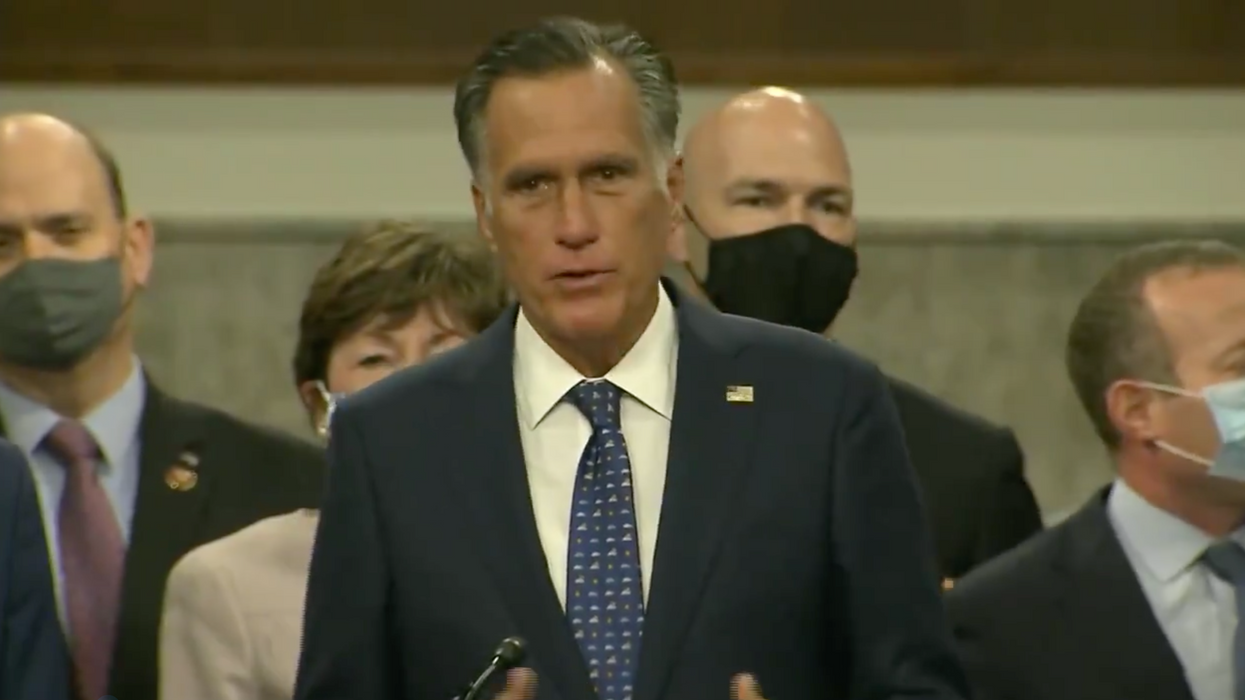Why Smart Progressives Should Love Elon Musk
Nearly everything Sen. Elizabeth Warren tweeted about Elon Musk was wrong. Scratch the word "nearly." Everything was wrong.
Last month, the senator from Massachusetts tweeted, "Let's change the rigged tax code so the Person of the Year will actually pay taxes and stop freeloading off everyone else."
Some background: The founder of Tesla had just been anointed the richest human on earth, and Time Magazine named him Person of the Year. Three months before, SpaceX, which he also founded, sent the first all-civilian crew into space.
Musk tweeted back to Warren, "And if you opened your eyes for 2 seconds, you would realize I will pay more taxes than any American in history this year." He's put the number at something north of $11 billion, which, if true, would be more taxes than any other American paid ever.
Whether Musk's tax bill should have been higher can be subject for debate. We can agree that $11 billion is a healthy tax bill, but it's not an unseemly sum for one enjoying a net worth of around $243 billion.
Warren's implication that Musk doesn't pay taxes at all, however, is ignorant. The charge that he's "freeloading" — if you look at how he made that money — is awe-inspiring dumb. Musk has done more than any person on earth to replace cars run by the internal combustion engine, a significant factor in the climate crisis, with clean electric vehicles.
In 2020, when General Motors and Ford were closing factories because they couldn't find enough specialized computer chips, Tesla took the chips that were around and rewrote software to make them work in its cars. So while Ford, GM and Stellantis (Fiat Chrysler merged with Peugeot) sold fewer cars in 2021 than the year before, Tesla sold 87% more.
Six years ago, when the major U.S. carmakers were wondering whether or not to go big on electric, Tesla was building a huge battery factory in Nevada. The others are now in the game major league, and Tesla can be credited with pushing them
.But in the marathon race to win the electric vehicle market, Adam Jonas, an analyst with Morgan Stanley, said, "Tesla is in the lead at mile number 21. Everybody else is at mile 2 or still tying their shoes."
So Musk is full of himself. He has reasons.
What bothers some 20th-century progressives is that Musk is an unapologetic capitalist who mocks them for obsessing on his wealth.
Leading the pack is Sen. Bernie Sanders. The Vermont senator's brain has long been stalled on the subject of billionaires whom he once said shouldn't exist. When he tweeted, "We must demand that the extremely wealthy pay their fair share. Period," Musk trolled him: "I keep forgetting that you're still alive."
Musk may not be volunteering to pay more taxes than he has to, but we who think the superrich should pay more must understand that the solution is not them, but the tax laws. The tax code is the creation of Congress.
Back to Warren. "As we face the existential threat of our time — climate change," she wrote as a presidential candidate, "Wall Street is refusing to listen, let alone take real action."
Wrong again. Actually, Wall Street has been moving away from investments in fossil fuels — to the point that Texas passed a law banning companies that refuse to finance oil ventures from state contracts.
It is Wall Street that rewarded Musk for accelerating the changeover to electric vehicles. (Tesla also has a thriving solar panel business.) If helping save the planet let Musk edge out Amazon's Jeff Bezos as the world's richest person, well, where's the problem?
Article reprinted with permission from Creators.com












